Thailand’s Supreme Court orders Thaksin Shinawatra to serve one-year prison term
Thailand’s Supreme Court has ruled that former Prime Minister Thaksin Shinawatra must serve a one-year prison sentence, rejecting claims that his hospital stay counted as time served. The verdict revisits his 2023 conviction for fraud and abuse of power and marks another turning point for the Shinawatra political dynasty.
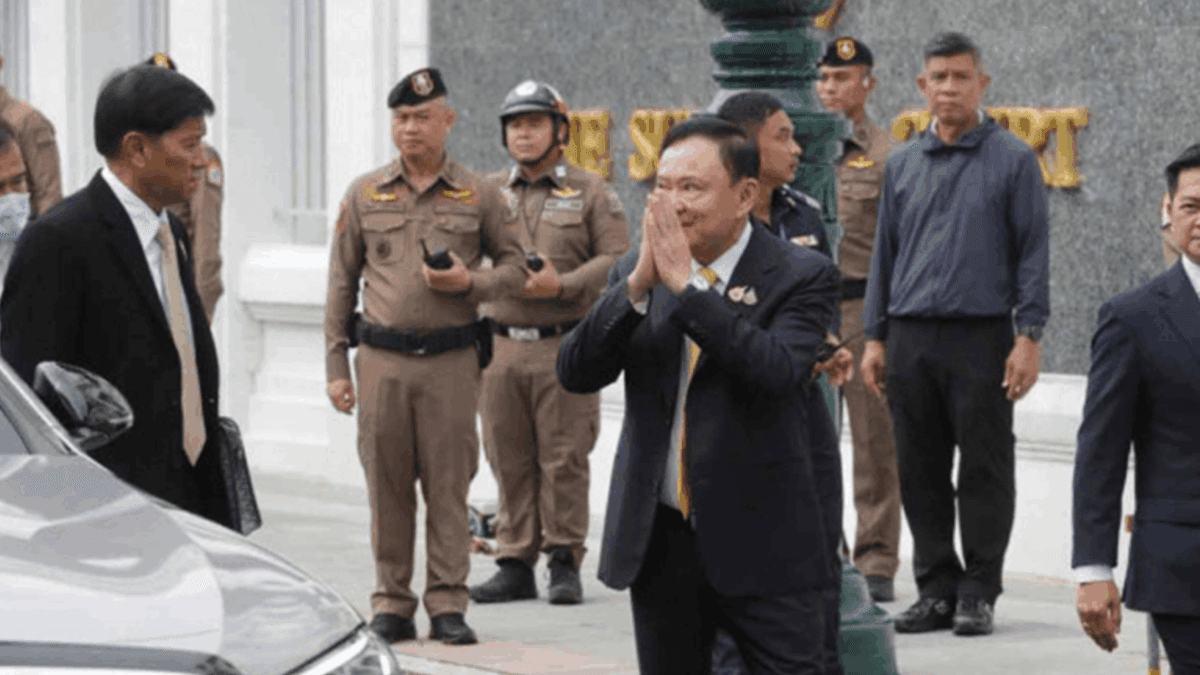
- Supreme Court ruled Thaksin’s hospitalisation in 2023–24 was not valid imprisonment.
- Judges found he was not seriously ill and intentionally extended his hospital stay.
- Thaksin accepted the ruling and thanked the King for his royal pardon.
BANGKOK — Thailand’s Supreme Court has ruled that former Prime Minister Thaksin Shinawatra must serve a one-year prison sentence, rejecting claims that his previous hospital stay counted as time served.
The ruling, delivered on 9 September 2025, revisited Thaksin’s 2023 conviction for fraud and abuse of power and focused on whether his five-month stay at a police hospital between August 2023 and early 2024 constituted legitimate imprisonment.
Court rules hospital stay invalid
Judges determined that the 76-year-old former leader was not seriously ill during that period and that his hospitalisation had been unnecessarily prolonged. They ruled that the stay did not meet the conditions for incarceration.
The court also stated that responsibility for the extended hospital stay did not rest solely with the doctors and that Thaksin himself had “intentionally taken advantage” of his medical condition to avoid detention.
Following the verdict, Thaksin appeared at the courthouse, removed his jacket, and entered a prison van, signalling compliance with the ruling.
Thaksin accepts verdict, thanks King for royal pardon
In a Facebook statement, Thaksin said he accepted the Supreme Court’s decision and expressed deep gratitude to King Maha Vajiralongkorn, whose royal pardon in 2023 reduced his sentence from eight years to one.
He described the clemency as an act of “immeasurable royal grace” and said he was ready to face the consequences of the court’s judgment.
Reflecting on his premiership from 2001 to 2006, Thaksin defended his government’s performance-based governance model and social welfare policies, calling that era “a time of participatory democracy and reform.”
He noted that the charges against him only arose after the 2006 military coup that ousted his administration but said he would not contest them further.
“I have chosen to let the matter rest,” he wrote. “Even if I no longer have freedom, I still have freedom of thought for the benefit of the country and its people.”
Thaksin also thanked his supporters, the Pheu Thai Party, and political allies for their loyalty “through both good times and difficult ones.”
Legal and political background
Thaksin was sentenced to eight years’ imprisonment in 2023 after returning to Thailand from 15 years in self-imposed exile. The sentence was later commuted to one year by royal pardon, and he was released early due to age-related considerations.
However, until this latest ruling, he had not served time in an actual correctional facility, having been admitted to hospital almost immediately after his return.
The Supreme Court’s decision represents a renewed enforcement of accountability in one of Thailand’s most politically charged cases.
Impact on the Shinawatra dynasty
The verdict comes less than two months after Thaksin’s daughter, Paetongtarn Shinawatra, was removed from the prime minister’s office by court order for ethics violations. Her removal on 29 August 2025 made her the sixth Shinawatra-backed leader to be ousted by judicial or military intervention.
Thaksin’s return to Thailand in 2023 had initially sparked hopes of political reconciliation. His Pheu Thai Party briefly regained power that year but lost its ruling position in October 2025 after the Bhumjaithai Party, a former coalition partner, formed a new government.
Speculation and controversy before ruling
Just weeks before the verdict, Thaksin drew attention when his private jet—initially bound for Singapore—unexpectedly rerouted to Dubai, where he had previously lived during exile. The detour prompted speculation that he might avoid the final judgment, but he returned to Thailand ahead of the court session.
Despite the setback, Thaksin signalled his continued commitment to public service. “I will keep both my body and mind strong,” he said, pledging to contribute “to the monarchy and the Thai people in any way I can.”
The Supreme Court’s decision closes yet another chapter in Thailand’s long-running political saga centred on one of its most influential and divisive figures.

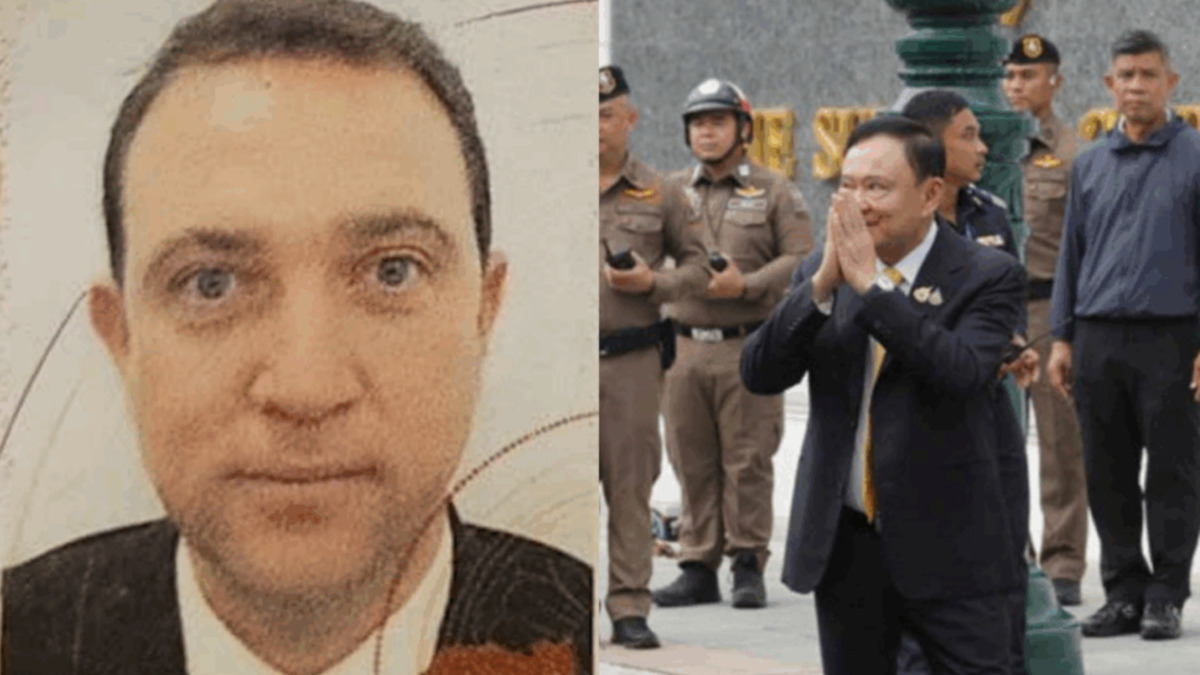


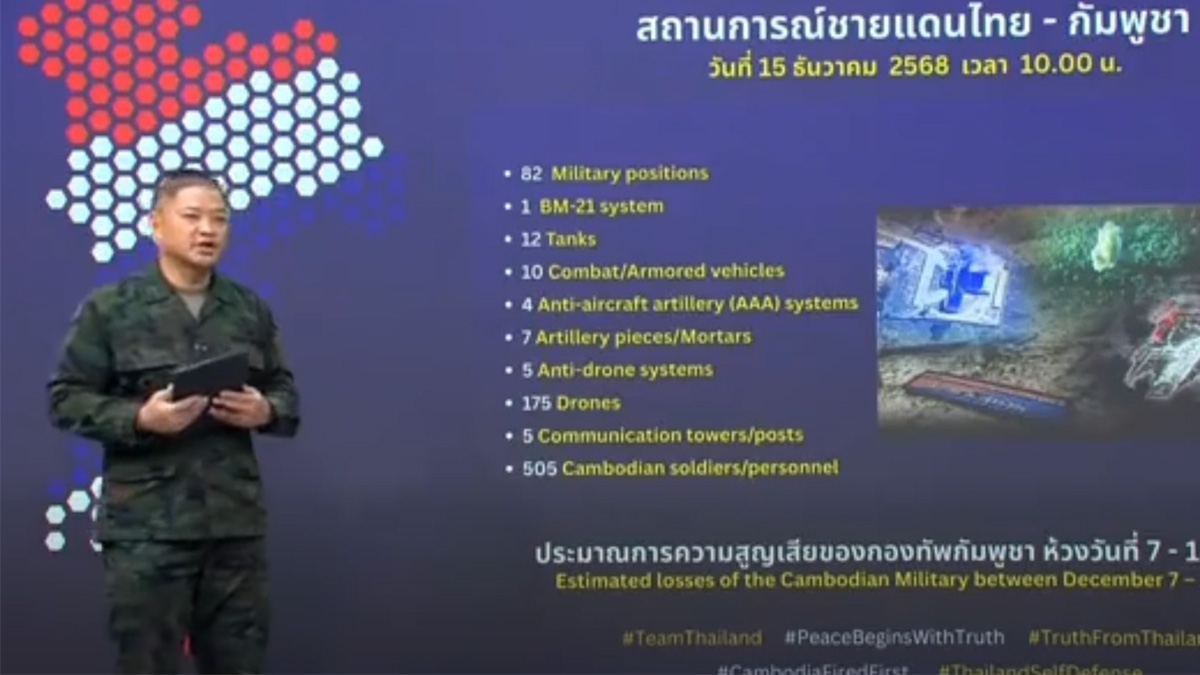

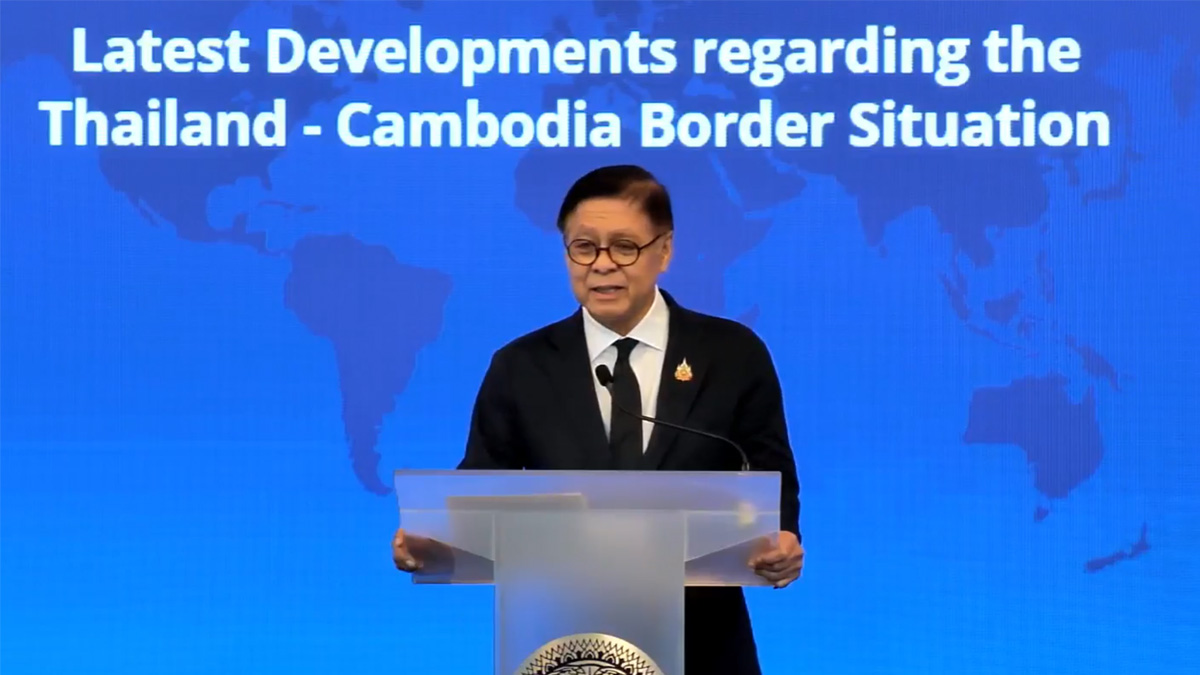
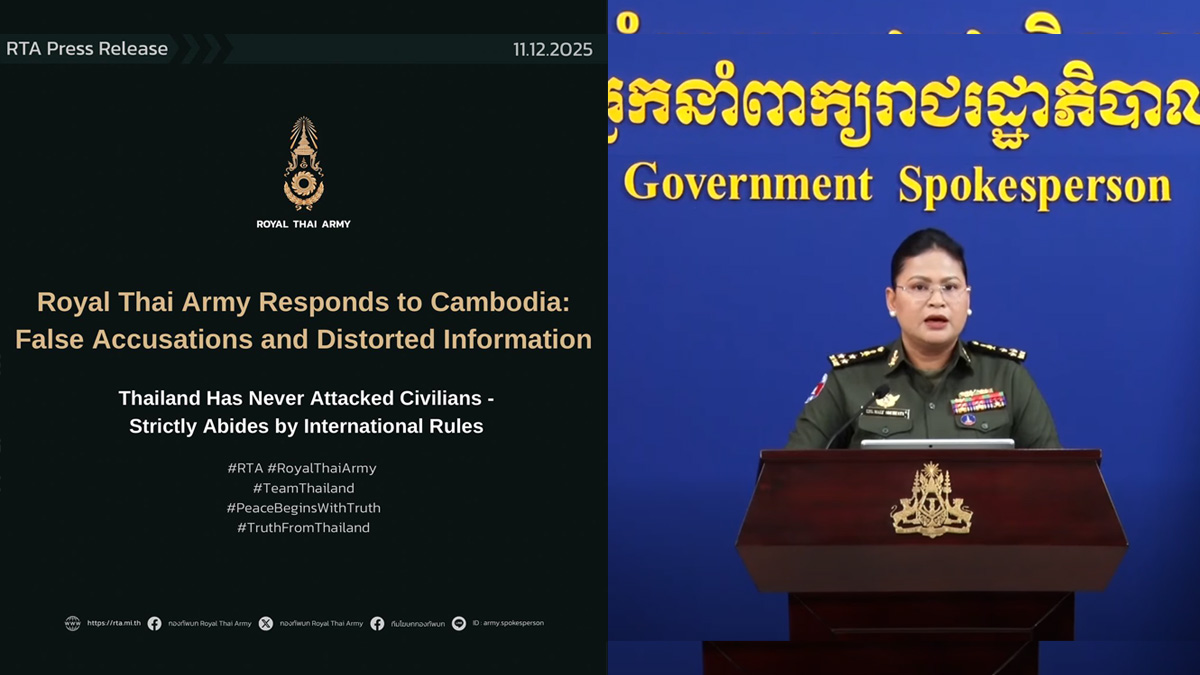
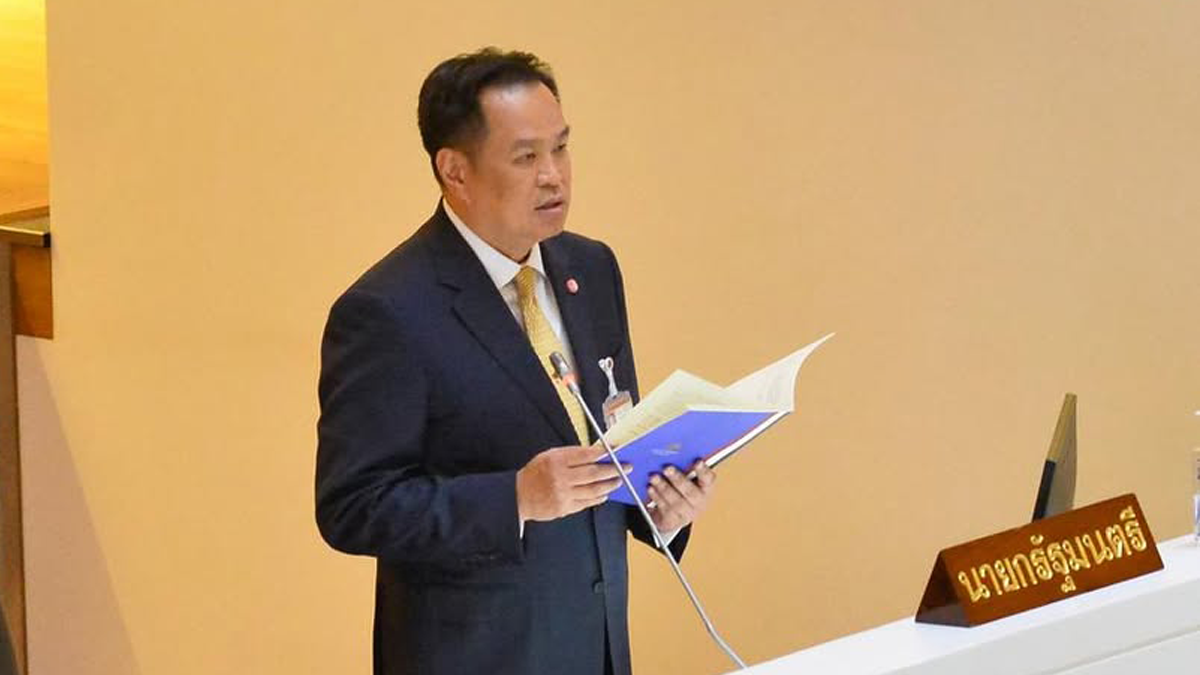
0 Comments